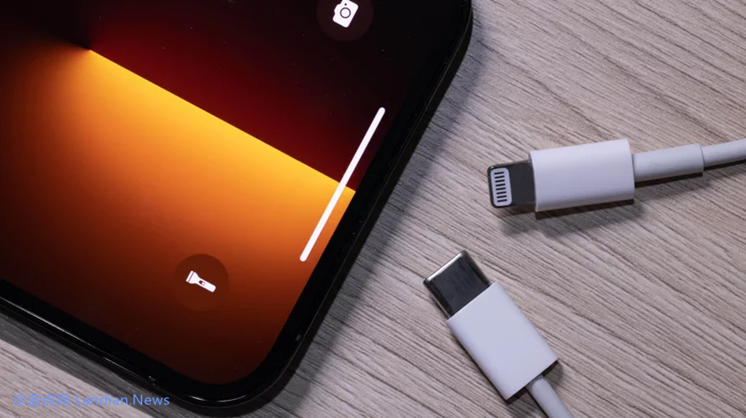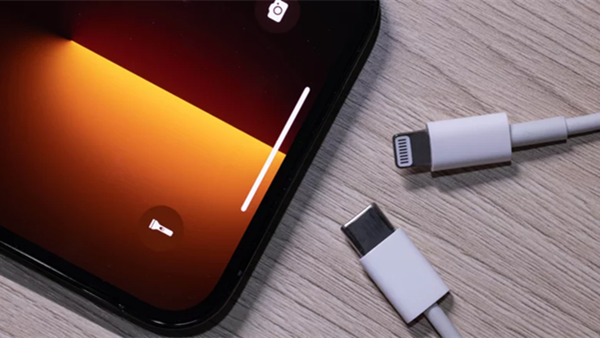Under EU regulations, Apple has finally agreed to replace the iPhone’s Lightning port with the more universal USB-C connector. This change will be implemented in the upcoming iPhone 15 series, set to launch this fall. The switch to USB-C will offer consumers more options for charging cables and reduce the need for multiple cable types.

However, Apple’s adoption of USB-C does not necessarily mean the end of its proprietary practices. Reports suggest that Foxconn is already producing USB-C cables with MFI (Made for iPhone/iPod/iPad) chips. Only companies with MFI certification can produce peripherals, such as cables, compatible with Apple devices. Compatibility is achieved through embedded chips, without which iPhones may display incompatibility warnings when charging.
By producing USB-C cables with MFI chips, Apple can still restrict consumers to purchasing Apple-certified cables, rendering ordinary USB-C cables unusable. Alternatively, Apple could adopt a more compromising approach, as suggested by analyst Ming-Chi Kuo, who speculates that the use of non-MFI certified cables could result in limited charging and data transfer speeds, effectively pushing consumers to buy MFI-certified cables.
Thierry Breton, a member of the European Commission, has already sent a letter to Apple warning against limiting USB-C cable functionality. If Apple does not comply when the new law takes effect on December 28th, 2024, iPhones could be banned throughout the European Union.
Apple may already have a plan in response to the EU’s demands. Until the new law becomes effective, Apple could still limit charging and data transfer speeds for non-MFI cables. When the legislation is about to take effect, Apple would only need to push a software update to EU users to lift these restrictions. Whether these limitations would be lifted in other markets remains uncertain.


